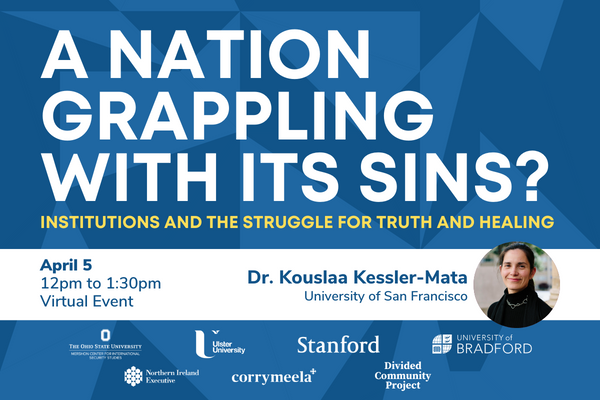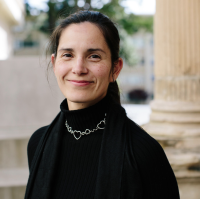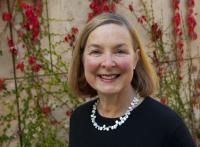
In 1851, California’s first governor, Peter Burnett, told the Legislature to expect war “until the Indian race becomes extinct.” Recounting the state’s dark history, in 2019 Gov. Gavin Newsom issued a formal apology to Native American tribal leaders for California's history of repression and violence. Since then, the state of California has passed several bills and issued a number of executive orders supporting a broad range of equity and reparative initiatives, including the California Truth and Healing Council.
In the context of several emerging state and local initiatives aimed at racial equity, justice, truth-telling, and healing, the New York Times (6/19/2019) wondered if the governor’s proclamation was part of a “cultural moment” in which Americans were increasingly grappling with the nation’s sins. Is it possible to reckon with and repair this country’s racial past? What obstacles stand in the way of moving forward? In the context of California, what does reparation and restoration mean to the Native American peoples in California – and is justice and healing even possible?
Join our conversation with Dr. Kessler-Mata to learn more about reconciliation and indigenous community efforts taking place in the United States. As a political scientist, she will discuss some of the realities of navigating such extensive, historical, and bureaucratic processes – including her experiences as a councilmember on the California Truth and Healing Council. Finally, and more personally, Dr. Kessler-Mata will reflect upon justice as holistic, communal, and restorative - a framing that invites healing and transformation.
This program is co-sponsored by the Mershon Center for International Security Studies, Corrymeela Community, Northern Ireland Executive, Ulster University, University of Bradford, and the Divided Community Project at the Moritz College of Law, The Ohio State University.
Speakers

Dr. Kouslaa Kessler-Mata (yak titʸu titʸu yak tiłhini Northern Chumash and Yokut) is associate professor in the Politics Department at the University of San Francisco, where she has taught since 2007. She completed her bachelor’s degree in American Studies, with a minor in American Indian Studies, at San Francisco State University, and her PhD in Political Science from the University of Chicago. She previously worked for California Indian Legal Services and the National Congress of American Indians, and presently serves on the Governor’s California Truth and Healing Council and the American Indian Education Oversight Committee for the California Department of Education. Her current research is on identity construction for policy purposes in the California Indian context. She co-chairs the Indigenous Engagement and Native Student Success working group at USF, sits on the Board of Directors for the California Indian Museum and Cultural Center, is co-founder of the California Indian Land Institute, and works on Ocean policy and intergovernmental affairs for the yak titʸu titʸu yak tiłhini Chumash.

Janet Martinez is Director of the Martin Daniel Gould Center for Conflict Resolution and Senior Lecturer in Law at Stanford Law School, where she teaches advanced negotiation, dispute system design and alternative dispute resolution law, practice & policy. Martinez practiced corporate law for ten years, then moved to Cambridge, Massachusetts where she did research, writing, and teaching in various aspects of negotiation and dispute resolution at Harvard University's graduate schools of business, law, and government. She was Senior Associate for the Consensus Building Institute, a nonprofit provider of dispute resolution services in the public and private sectors, both domestic and international, and now serves on their board. Martinez holds B.S., J.D., M.P.A. and Ph.D. degrees. Recent publications include (with Lisa Amsler and Stephanie Smith) Dispute System Design, Stanford University Press, 2020, and articles in sustainable groundwater management in California, online dispute resolution, and international comparative dispute resolution.
